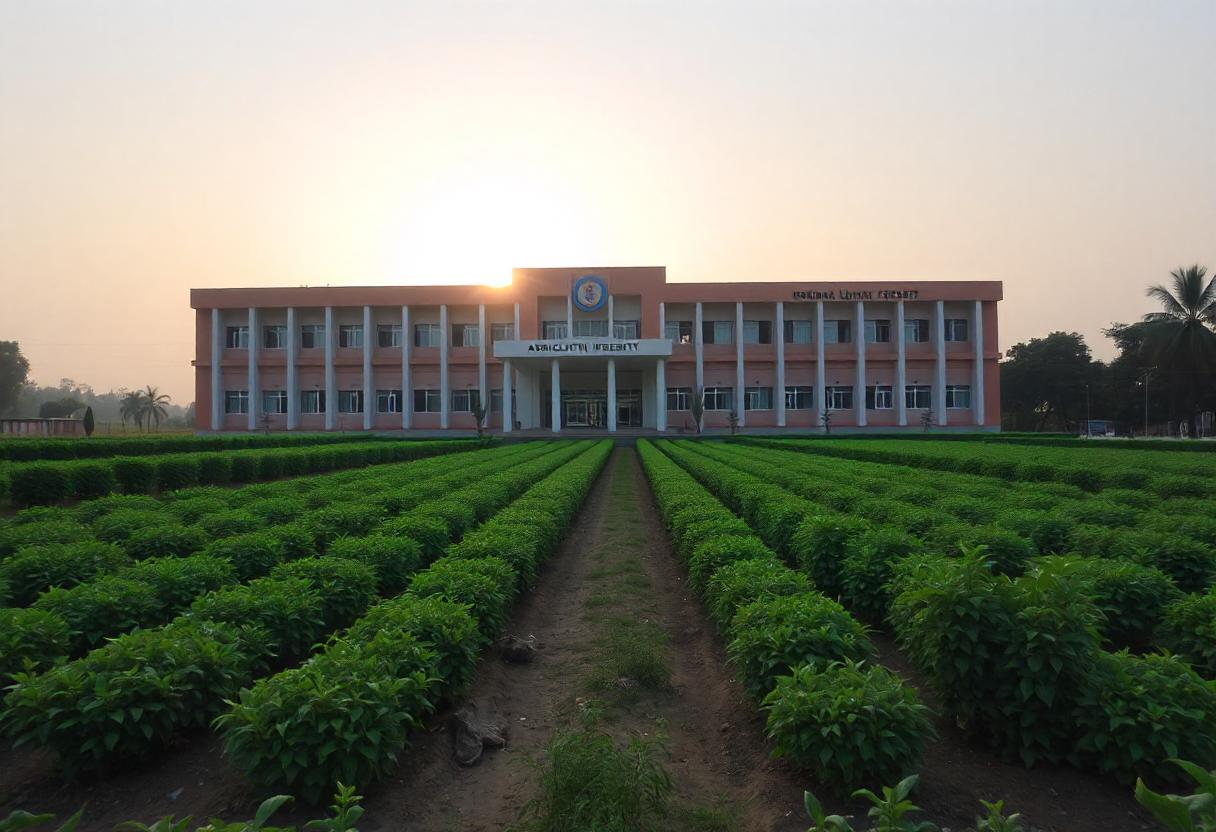
Punjab Agricultural University (PAU), commonly referred to as Agriculture University Ludhiana, is one of the premier institutions in India for agricultural research, education, and extension services. Established in 1962, PAU has played a significant role in transforming Indian agriculture, particularly through its contributions to the Green Revolution. Located in Ludhiana, Punjab, the university is known for its innovative research and academic excellence in the field of agriculture.
Historical Background
Agriculture University Ludhiana was established with the aim of improving agricultural productivity and addressing the challenges faced by farmers in Punjab and beyond. It was modeled after land-grant universities in the United States, focusing on agricultural research, education, and extension services. Over the decades, the university has grown into a hub for agricultural innovation, influencing farming practices not just in India but also internationally.
Academic Programs
The university offers a wide range of undergraduate, postgraduate, and doctoral programs in agriculture and related fields. These include disciplines such as crop sciences, horticulture, plant breeding, agricultural engineering, animal sciences, and food technology. PAU’s academic programs are designed to equip students with the knowledge and skills needed to meet the challenges of modern agriculture and contribute to the development of sustainable farming practices.
Research Contributions
PAU is renowned for its groundbreaking research in the field of agriculture. The university has developed high-yielding crop varieties, improved farming techniques, and pioneered research in plant breeding, pest management, and water conservation. One of the most notable contributions of PAU is its role in the Green Revolution, where it introduced wheat and rice varieties that significantly increased food production in India during the 1960s and 1970s.
Extension Services
A key aspect of PAU’s mission is its extension services, which aim to transfer research findings and new technologies to farmers. The university organizes training programs, workshops, and field demonstrations to help farmers adopt modern farming practices. These extension services play a vital role in bridging the gap between scientific research and practical application, ensuring that the benefits of PAU’s research reach the farming community.
Infrastructure and Facilities
Agriculture University Ludhiana boasts state-of-the-art infrastructure and facilities that support its research and academic endeavors. The campus includes well-equipped laboratories, research farms, libraries, and hostels for students. The university also has specialized centers for biotechnology, food processing, and water management, further enhancing its ability to conduct cutting-edge research and provide high-quality education.
Collaborations and Partnerships
PAU has established collaborations with several national and international institutions to advance agricultural research and development. These partnerships enable the exchange of knowledge, technology, and resources, helping PAU remain at the forefront of agricultural innovation. The university collaborates with organizations such as the Indian Council of Agricultural Research (ICAR), the World Bank, and various universities worldwide to address global agricultural challenges.
Achievements and Awards
Over the years, PAU has received numerous awards and recognitions for its contributions to agriculture. The university has been honored with the prestigious Sardar Patel Outstanding ICAR Institution Award for its excellence in agricultural research and education. PAU’s faculty and researchers have also been recognized with national and international awards for their contributions to crop improvement, agricultural engineering, and rural development.
Student Life and Extracurricular Activities
PAU offers a vibrant campus life with a range of extracurricular activities that complement its academic programs. Students are encouraged to participate in sports, cultural events, and student organizations that promote leadership and teamwork. The university also organizes annual events such as the Kisan Mela, where students and faculty showcase new agricultural technologies and innovations to the farming community.